-
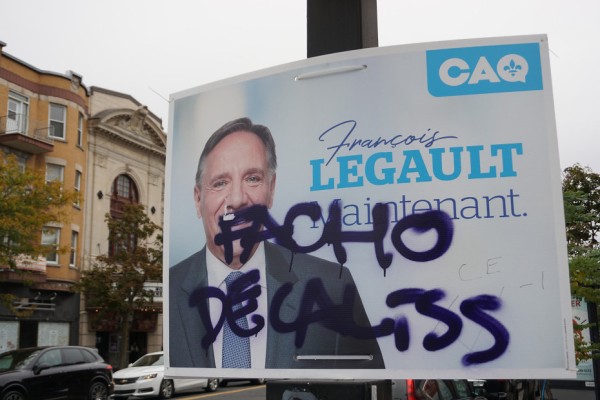
 Le nationalisme québécois ou le fascisme patient
Le nationalisme québécois ou le fascisme patientAlors que l’élite politique québécoise mène une guerre silencieuse contre la société civile, le nationalisme s’est transformé en un autoritarisme patient et calculé. Derrière les discours sur la « laïcité » et la « cohésion », la CAQ et le PQ poursuivent un programme commun qui concentre le pouvoir, érode les libertés et conduit le Québec vers un totalitarisme raisonnable.
-

A deficit paid by workers and a bailout for the wealthy
Canada’s deficit is projected to rise by $17 billion, yet ordinary Canadians face cuts to essential services while the ultra-wealthy and multinational corporations avoid billions in taxes. Closing loopholes and taxing hidden offshore wealth could fully fund health care, housing, and education—proving the crisis is a political choice, not an economic necessity.
-

Canada’s democratic deficit can no longer be ignored
It is difficult to imagine Carney’s Liberals collapsing as dramatically as the rudderless Starmer-led UK Labour government. That said, the rise of hard-edged, anti-system populism in Canada will be difficult to prevent unless the centre and left actively confront the deepening gaps in our democratic system before further economic turbulence intensifies the crisis.
-
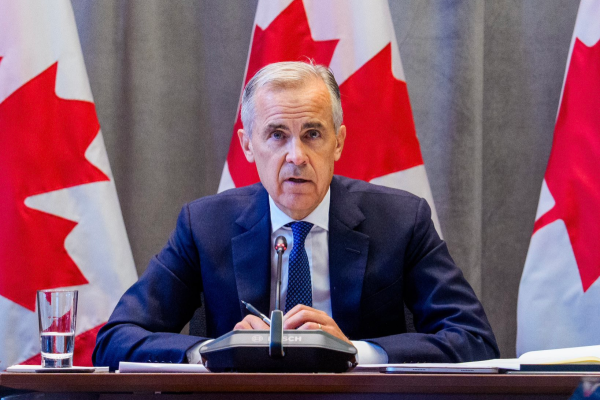
Carney’s attacks will unleash major struggles
As Mark Carney’s government prepares a sweeping austerity agenda—gutting public services, fuelling militarism, and expanding fossil fuel projects—John Clarke argues that a new wave of resistance is emerging. From Indigenous land defence to public sector strikes, these struggles point toward a growing fightback against Canada’s deepening class war.
-
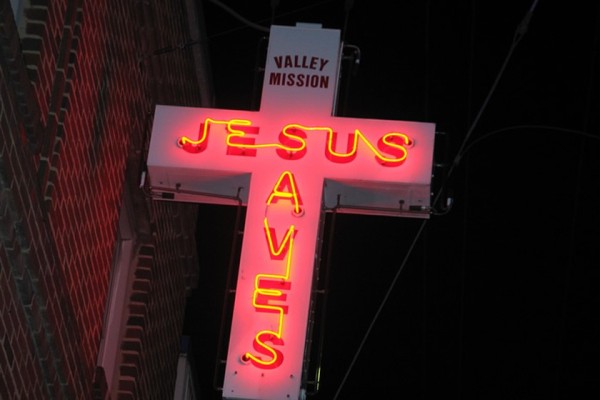
Reviving the gospel of liberation
As the far-right turns faith into a weapon, Canada’s left needs to rediscover the moral vision it once carried. The social gospel called Christians to organize love into policy—to fight inequality, defend the poor, and build a just society. This legacy once shaped the NDP. As Julie McGonegal writes, it’s high time to remember why.
-
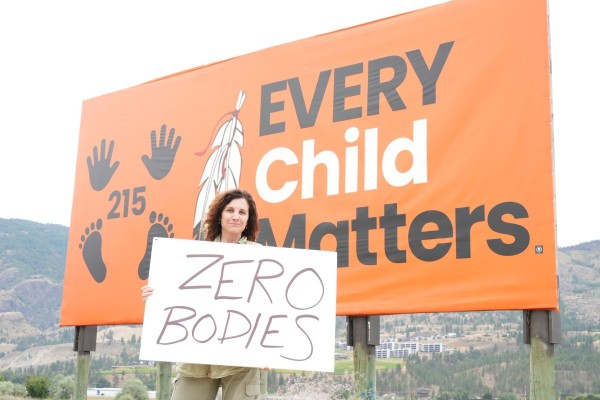
‘Flooding the zone’ with residential school denialism
In light of BC MLA Dallas Brodie’s persistent residential school denialism, it’s important to understand these actions as part of a broader far-right strategy. To help people better recognize it, Sean Carleton joined the Redeye podcast to discuss why Brodie’s rhetoric is yet another far-right distraction aimed at stoking anti-Indigenous hatred for political gain.
-

Canadians are living through a people’s recession
The disconnect between big economic indicators and Canadians’ day-to-day experience is a gap our political leaders seem unable or unwilling to bridge. Indeed, parliamentarians have gotten in the habit of telling us that everything is basically fine—we just need to live within our means. It hasn’t occurred to them that the economic indicators might be missing something.
-
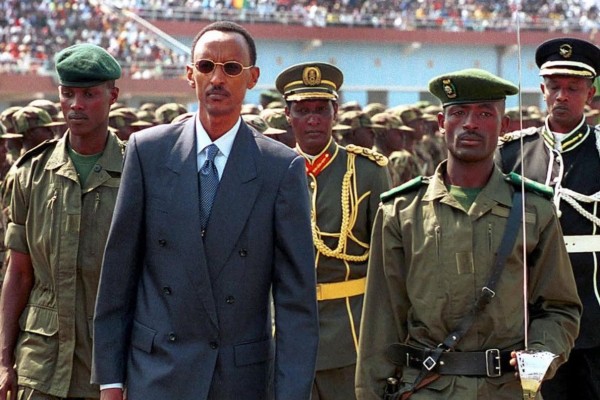
Spain revives war crimes case against Rwandan military figure
Spain has re-issued arrest warrants against a high-profile Rwandan opposition figure in exile who stands accused of committing war crimes while serving under Rwandan leader Paul Kagame, in a case that has defied the politics of international justice for nearly two decades. General Kayumba Nyamwasa fled to South Africa after falling out with Kagame’s regime in 2010.
-

A global reminder that the fight for abortion rights is far from over
The A Word is aptly named. I’m always struck by how, even in Canada, people still feel compelled to whisper when they talk about abortion. It’s a legal medical procedure—we don’t whisper about appendectomies, heart surgery, or root canals. And yet abortion continues to carry, for many, a faint air of impropriety.
-
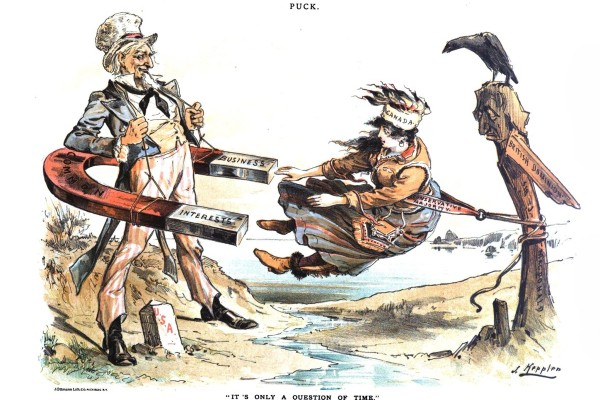
Canada needs an industrial strategy that serves public goods, not corporate interests
Diversifying Canada’s economic strategy is essential in an era of tariff escalation and growing geopolitical volatility. Stellantis’s recent announcement that it’s heading south sent another Arctic chill to concerns over Canada’s industrial future. Billions in public subsidies are flowing to foreign multinational automakers, yet questions remain: Who benefits?



